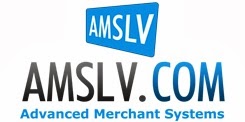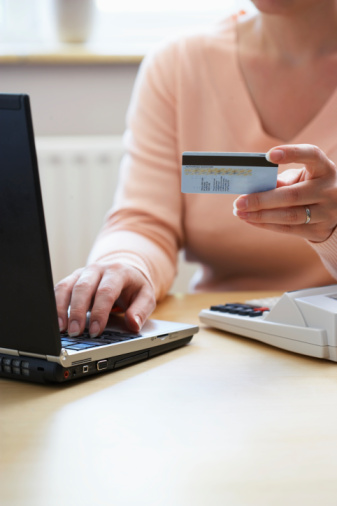The problem with CNP transactions
is that they offer a high possibility of fraud. A merchant who deals with CNP,
order over mail or by fax is called a MOTO Merchant.
Such MOTO merchant accounts need
to defend their business from illegal transactions by having the right tools in
place. The risk of fraud might be high, but this arrangement is generally very
convenient to both parties. The merchant gets high sales and the card holder
can shop from home by just looking at a brochure.
Let’s read about some basic that
the merchant needs to keep in mind, while handling such transactions.
1.
Verification Of The
Billing Address
The easiest method to verify the
identity of the client is by asking him to verify the billing address. If the
person is a fraud he will ideally not be aware of the billing address. This
method is best suited for orders by mail and on the telephone. Sometimes, even
after providing an address, if a buyer does not sound authentic, check the
address location on Google maps and verify if the place exists where the buyer
has described it to.
2. The Shipping and
Billing Address Should Match
A merchant should be alerted the moment
he notices a large order being placed by means of CNP transaction. The chances
of fraud are high if the billing address and the shipping address do not match.
MLM Merchant Accounts should also be wary of any high volume
transactions.
3. The Retailer Is Fully Liable
If a merchant accepts a transaction
that later turns out to be done on a stolen or a pick up card, only he is
liable for the consequences. The bank or the credit processing provider cannot
be held responsible. He cannot hold the bank responsible for giving an approval
since the card was accepted at his end.
4. Have Clarity of the PCI Compliance
All MOTO Merchants are strongly
advised by the banks to check the PCI Compliance standards of the credit card
service provider. If the information of the customer is leaked or compromised,
the merchant will be held responsible. The merchant must do some research of
his own and know what to except and compare it with what he got.
5. Use Verified By Visa And MasterCard Secure Code
VBV Verified by Visa is a special code that enables
the bank to compete the two step verification of a card holder. The software in
a credit card processor and a payment gateway is enabled to identify this code
and link it to the card. The moment such a customer will use the card a code
will be prompted to the user. Only when the cardholder will punch in this code
will the transaction go through. The merchant is able to identify by looking at
the transaction that the card holder is using this two step verification. Hence,
the liability now shifts to the customer form the merchant.





